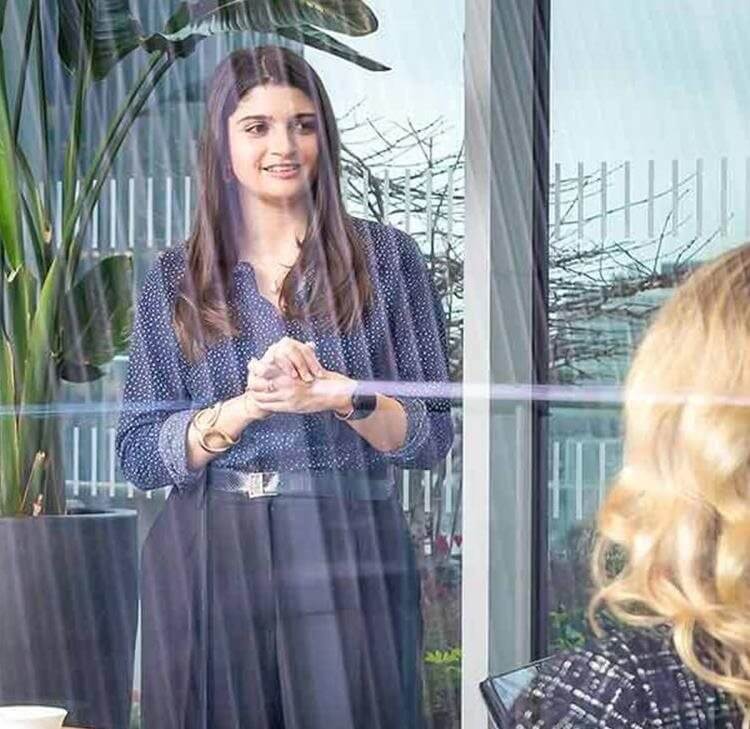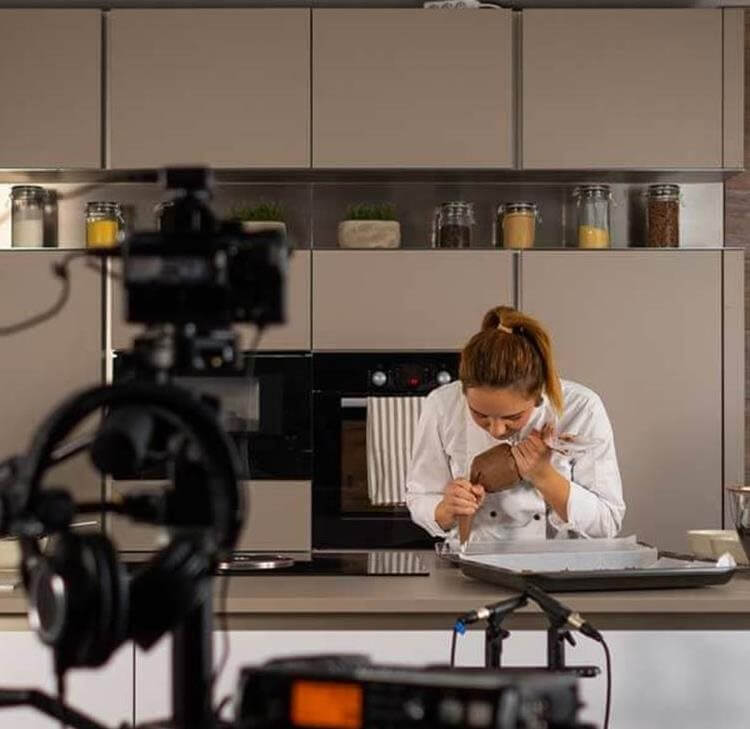“Utterly horrified” masters and “blatantly inadmissible” evidence
The sole result for a search on Westlaw for the phrase “utterly horrified” is an interesting decision from Mr Justice Arnold on June 12 2019 about evidence in passing off proceedings.
The sole result for a search on Westlaw for the phrase “utterly horrified” is an interesting decision from Mr Justice Arnold on June 12 2019 about evidence in passing off proceedings.
The decision was handed down at the pre-trial review in Glaxo v Sandoz and others, a claim in passing off. Glaxo markets a successful, and purple, asthma inhaler. Sandoz launched a competing inhaler, which is also purple. Glaxo claims this is deceptive, and that it amounts to an actionable misrepresentation that Sandoz’s products are “equivalent” to Glaxo’s products. This is an ambitious argument which if successful would expand the law of passing off.
The decision following trial is expected in October, but the pre-trial review decision was also interesting. The Defendants sought to exclude some of Glaxo’s evidence, and the judge agreed to most of the exclusions.
At an earlier hearing, Glaxo had objected to the defendants adducing evidence from experts. The Chief Master accepted that. He also said that, in respect of part of the evidence sought to be adduced, there was some force in Glaxo’s submission “that the Defendants' application is an attempt to brand evidence from the three medical professionals as "expert" to enhance its value whereas, in reality, it should properly be seen as ordinary evidence of the type normally introduced in claims of this sort”.
Glaxo subsequently filed evidence from three clinical academics. Mr Justice Arnold said that he was in “no doubt whatsoever” that much of what was included in the three statements was really expert evidence. He also thought the Chief Master would be “utterly horrified” at the prospect that Glaxo were seeking to adduce the same sort of evidence it had asked him to exclude the defendants from adducing. Some limited passages that contained factual evidence from the witnesses’ own experience were allowed.
Further passages were excluded on other grounds. These included commentary on documents which had been provided by Glaxo’s solicitors – this was “blatantly inadmissible”. Although evidence of relevant personal experience was admissible, speculation on the thought processes and reactions of others, and on the ultimate question (i.e. would the get up of the Sandoz products deceive the relevant public?) was not. Glaxo sought permission to appeal, which was refused.
There is a severe challenge in providing evidence in trade mark and passing off cases. Surveys were criticised in Interflora; expert evidence is not allowed; trade evidence cannot go beyond individual experience, which is inevitably limited and unrepresentative. This means we are often left only with judicial impression, which is obviously problematic.
Contact

Giles Parsons
Partner
giles.parsons@brownejacobson.com
+44 (0)20 7337 1505








































